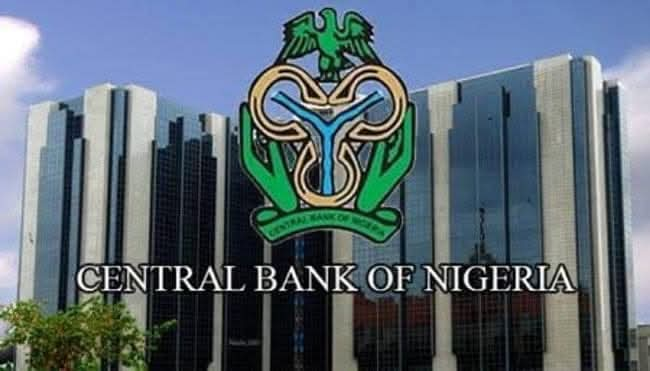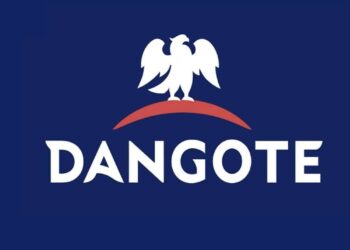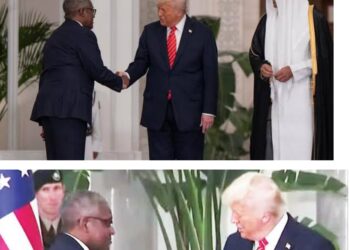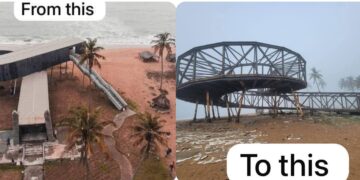Why borrowing builds economies while reckless printing wrecks them.
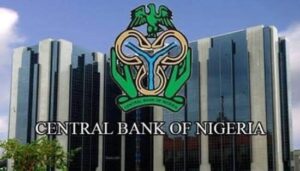
By Ibrahim Kegbegbe
I still remember my final semester in ND2 when I first sat in an economics class that opened my eyes to how money works. I may not claim to be an international authority on the subject. Still, as a journalist whose instinct is to know something about everything—or everything about something—I have since carried that curiosity with me. And it is with that same instinct that I attempt to explain one of the most common economic complaints I hear from Nigerians: why do countries like ours borrow money instead of simply printing more?
Every now and then, a curious Nigerian asks: “Why does Nigeria borrow money from international bodies or developed countries when the President can simply order the Central Bank to print more naira?” At first glance, the question sounds logical. After all, if you can create money with the stroke of a pen or the click of a machine, why endure the humiliation of borrowing abroad?
The truth, however, is more complicated—and more important for students of banking, finance, economics, and indeed every citizen, to understand. Printing money and borrowing money may both increase government spending power, but the long-term consequences are worlds apart.
Printing More Money: The Tempting but Dangerous Option
Think of it this way: if you pour more water into a pot of soup without adding more meat, fish, or pepper, the soup becomes watery and tasteless. Printing money works the same way. When a central bank prints more money without a corresponding increase in goods and services, the value of that money falls.
Economists call this inflation. Imagine a village with only ten loaves of bread available in the market. If the government distributes N10,000 to everyone without producing more bread, people will rush to buy those same ten loaves. The bakers cannot meet the sudden surge in demand, so they raise the price. Before long, one loaf that sold for N500 yesterday is selling for N5,000. The money in your pocket loses its value.
READ ALSO:Mudir Markaz Clarifies Misinterpretations of His Recent Lectures
This is why countries like Zimbabwe and Venezuela saw the price of ordinary items shoot through the roof when they printed money recklessly. In extreme cases, people carried wheelbarrows of cash just to buy bread.
Borrowing: The Safer and Strategic Choice
Borrowing, on the other hand, is like when a farmer borrows yam seedlings from a neighbour, plants them, and later repays the neighbour with both yams and interest. The farmer increases his production and still sustains the relationship.
International loans—whether from the World Bank, IMF, or developed countries—are usually tied to specific projects like building roads, power plants, schools, or hospitals. When properly used, such loans stimulate economic growth, create jobs, and expand production capacity.
For instance, if Nigeria borrows $1 billion to fix electricity, industries can produce more goods, farmers can store crops longer, and businesses can thrive. The economy grows, and the loan can be repaid from the wealth created. Printing money alone cannot achieve this; it only spreads poverty more evenly.
Why Poorer Nations Borrow More
Some people ask: “Why do countries that are already financially weak borrow, instead of printing?” The answer is discipline. Printing money is like a student forging exam results to escape hard work—temporary relief, but disastrous later. Borrowing, on the other hand, forces countries to take responsibility, because loans come with repayment conditions, interest rates, and deadlines. These conditions, though sometimes painful, act as a reminder to plan properly and manage resources better.
READ ALSO:Ganduje’s Visit Quashes APC Rift Rumours, Shows Party Unity
The Nigerian Reality
Nigeria, with its dependence on oil revenue and limited diversification, often finds itself short of funds to finance critical infrastructure. Printing more naira will not bring in foreign exchange, pay for imports, or attract investors. Borrowing, while not perfect, gives Nigeria access to dollars, euros, and other stable currencies needed for trade and development.
A Lesson for Future Bankers and Economists
For prospective students of banking, finance, and economics, here is the heart of the matter: money is not wealth; it is only a receipt or a symbol of wealth. Real wealth lies in production—goods, services, skills, and innovations. Printing more naira does not magically increase Nigeria’s wealth; it only reduces the value of what already exists. Borrowing, if wisely managed, can boost production and lead to long-term prosperity.
READ ALSO:Nigeria, Brazil Launch Direct Commercial Flights
So, the next time you hear someone ask why Nigeria does not simply print more money instead of borrowing, remember the soup analogy: more water does not mean more nourishment. Nations borrow not because they are blind to the printing press, but because they understand the dangers of destroying their currency. Borrowing, though uncomfortable, is often the lesser evil and, if managed with integrity, the wiser path to sustainable development.
Ibrahim Kegbegbe is a journalist and public affairs analyst. He writes from Lagos.


